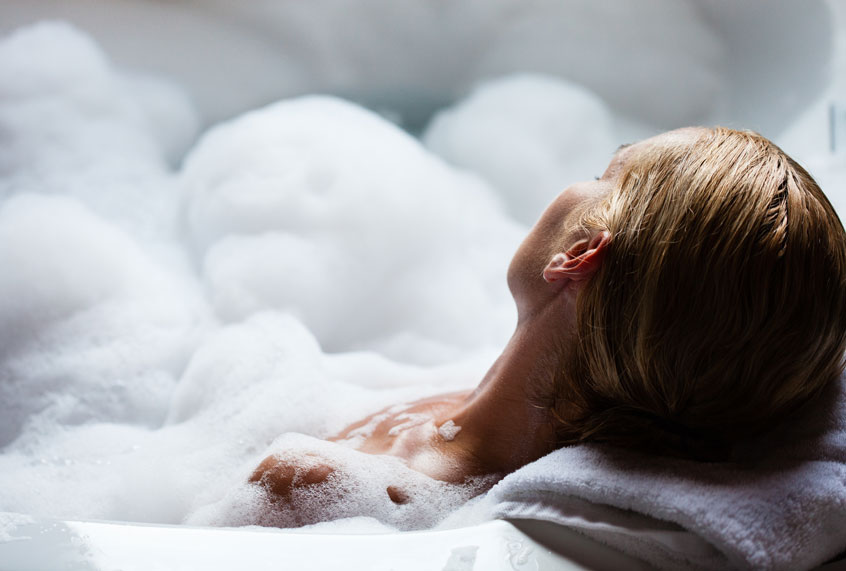Getting a good night’s sleep might seem like a luxury in our fast-paced world, but there’s oodles of research that shows that it is the key to good health. Insufficient sleep can lead to poor alertness, a sour mood, diminished hand-eye coordination, and worse memory. In more extreme cases, it can cause car crashes and machinery accidents.
Unfortunately, an estimated 50 to 70 million Americans, from all socioeconomic backgrounds, suffer from sleep-related problems. Poor sleep has been dubbed a public health problem by the Centers for Disease and Control, and experts believe America’s sleep problem is on track to worsen. The National Institutes of Health predicts that by the middle of the 21st century, more than 100 million Americans will have problems falling asleep.
In the midst of this, researchers are turning their attention to our sleep habit. In a new paper published in the journal Sleep Medicine Reviews (yes, there’s a journal dedicated to sleep!) biomedical engineers at The University of Texas at Austin may have found a way for people to get better shuteye: bathing 1 to 2 hours before bed, in water of about 104-109 degrees Fahrenheit.
In the paper, biomedical engineers analyzed 5,322 studies that have linked bathing with warm water to improved sleep quality.
“When we looked through all known studies, we noticed significant disparities in terms of the approaches and findings,” Shahab Haghayegh, a Ph.D. candidate in the Department of Biomedical Engineering and lead author on the paper, said in a media statement. “The only way to make an accurate determination of whether sleep can in fact be improved was to combine all the past data and look at it through a new lens.”
Using the method of a systematic review protocol, University of Texas researchers used predetermined criteria to extract criteria to explore the effect bathing has on a number of sleep-related conditions. This included “sleep onset latency,” the amount of time it takes someone to transition from being fully awake to falling asleep. After extracting the data, the researchers assessed consistencies between the studies, specifically if there were consistencies between details like the optimum temperature of a bath.
This led to the conclusion that the optimum bath temperature is 104 and 109 degrees Fahrenheit, and when scheduled 1 to 2 hours before bedtime, a warm bath can accelerate the speed of falling asleep by an average of 10 minutes.
But why do baths of this temperature make us fall asleep faster? According to the researchers, warm baths stimulate the human body’s thermoregulatory system, which is how the body maintains its body temperature. This stimulation can lead to an increase in blood circulation which can eventually assist the natural circadian process — in other words, to make you fall asleep more quickly.
An estimated 3 million Americans use melatonin, a natural sleep supplement, to fall asleep. An estimated 9 million Americans, 4% of U.S. adults, use prescription sleep aids like Ambien. Perhaps for some, the prescription of a hot bath could supplement or even replace these pharmaceutical solutions.


